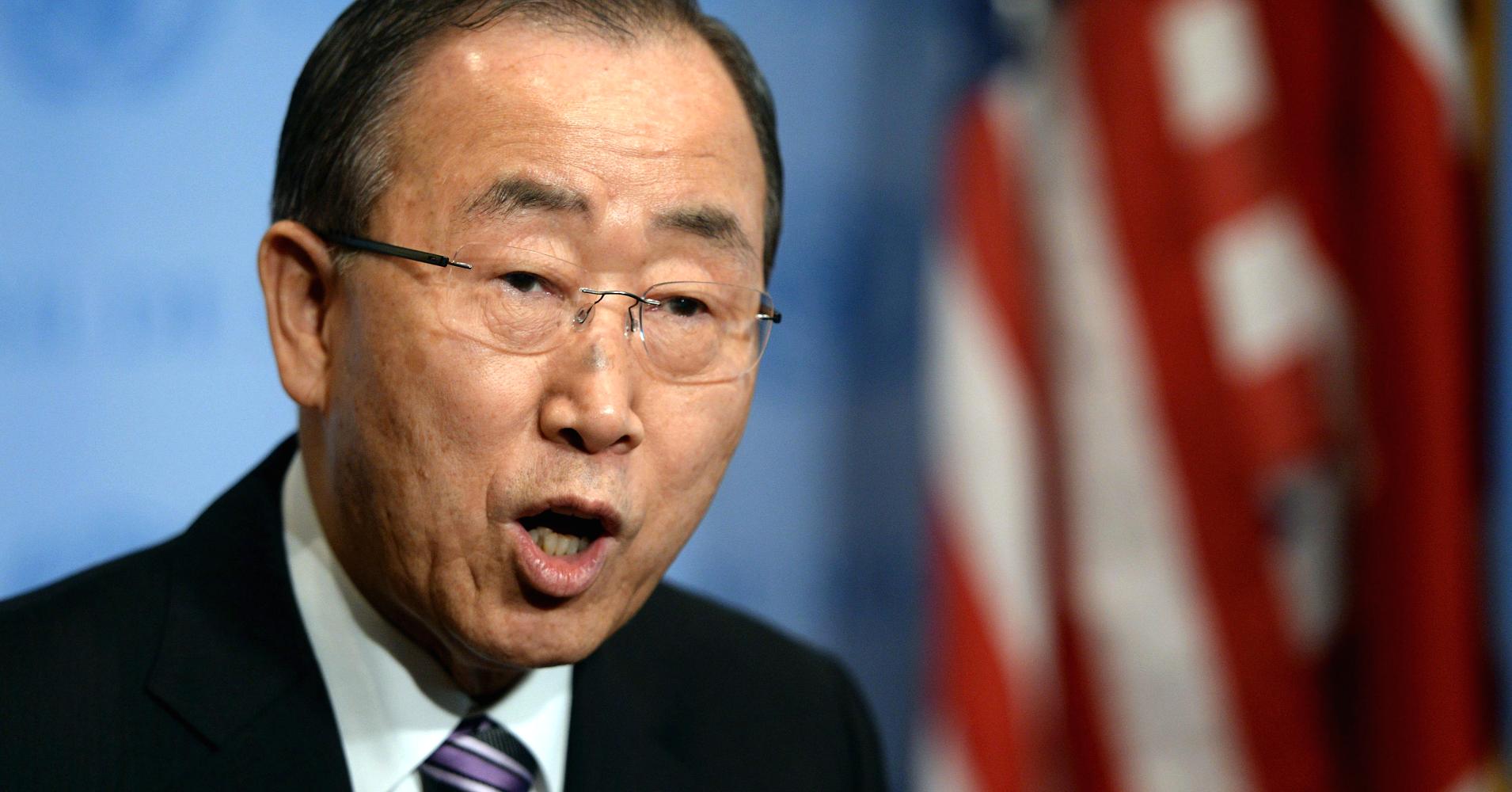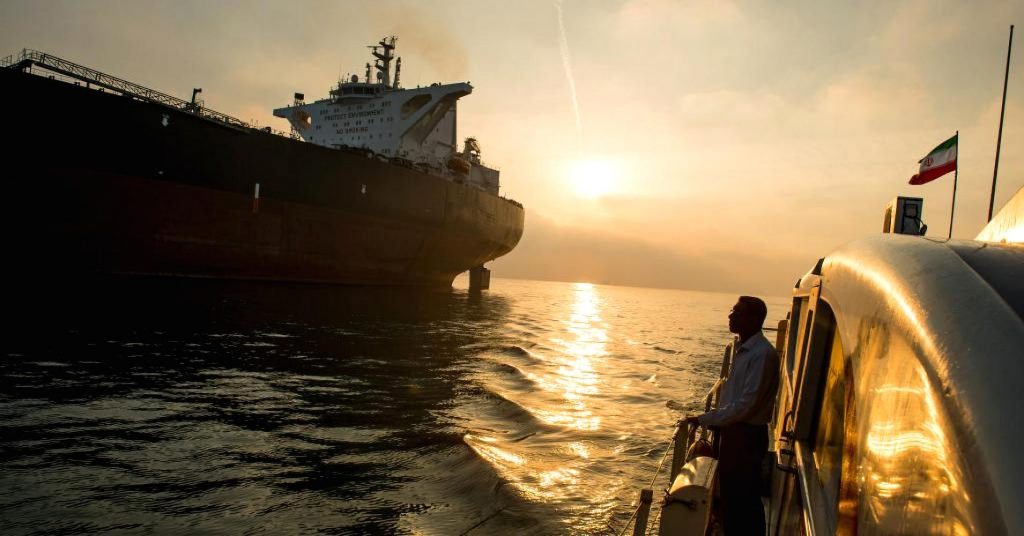
Former UN Secretary-General Ban Ki-Moon is worried about America’s image when it comes to establishing credibility in its upcoming talks with North Korea.
President Donald Trump’s recent decision to withdraw from the Iranian Nuclear Deal does not set a good precedent for reliability and that will matter to North Korea President Kim Jong Un during upcoming nuclear talks, the South Korean diplomat told CNBC’s Nancy Hungerford on Wednesday.
“I personally believe that it has given a very problematic message in terms of credibility, and trust and confidence in (the) U.S. What kind of message North Korea will get from this?” Ban asked.
“Can I trust the U.S. president? This may be the first question by North Korea’s leader.”
Trump on May 8 announced America’s withdrawal from the Iran deal, formally called the Joint Comprehensive Plan of Action (JCPOA), signed in 2015 with China, France, Russia, the U.K. and Germany. The landmark agreement lifted economic sanctions on Iran in exchange for restrictions on its nuclear program, and the International Atomic Energy Agency regularly reported that Iran was in compliance with its rules.
Trump, however, vocally derided it, calling it the “worst deal ever” and pledging to do away with it as he has done with a number of policy actions by the Barack Obama administration.
With the stated aim of denuclearizing the Korean Peninsula, the Trump administration has scheduled talks with North Korea’s Kim. Planned to take place in Singapore on June 12, the meeting would be the first ever between a sitting U.S. president and a North Korean head of state.
Following the historic signing of a peace agreement in April between North and South Korea’s presidents in the border truce village of Panmunjom, hopes are high for progress on peace and nuclear talks between the two longtime adversaries and with the U.S. But Trump’s Iran move casts an unfavorable light on his negotiating position, Ban said.
“Now they’re on the verge of agreeing a very grand and big agreement between U.S. and North Korean leader, and there was very historic agreement between South Korean president and North Korean leader in Panmunjom. Then all this agreement, having seen what happened to JCPOA in Iran, what kind of message North Korea’s leader will have?”
Ban added that he had long been warning the Trump administration against leaving the JCPOA, but to no avail. “Now it has been done, I sincerely hope that President Trump will have a successful meeting and convince North Korea that this time, the U.S. will be strongly committed, together with South Korea.”
Ban also discussed his skepticism over North Korea’s sincerity in its pledges, recounting four previous instances going back to the 1990s in which the North backtracked on its agreements to work toward denuclearization.
Asked if Trump was deserving of a Nobel Prize, as was suggested by the South Korean President Moon Jae-In, Ban was reserved.
“I do not want to prejudge, or impinge upon the judgment and integrity of the Nobel Committee,” he said. “This is up to them to decide.”
In an unexpected move, North Korea on Tuesday abruptly cancelled talks with the South planned for Wednesday and threatened to walk away from the U.S. negotiations.
Pyongyang blamed joint military drills between the U.S. and South Korea, longtime security partners, for triggering “provocation” and accused them of preparing for an invasion. The head of the North’s delegation for the talks said his country was “indefinitely canceling the planned high-level inter-Korean talks” due to the military exercises.
The Pentagon defended the drills, describing them as “defensive exercises” that are “part of the ROK-U.S. Alliance’s routine, annual training program to maintain a foundation of military readiness.” The spring exercises have been taking place for decades.
The U.S. State Department said it had not received information concerning a cancellation of the June summit between Trump and Kim, and would continue planning for it.

